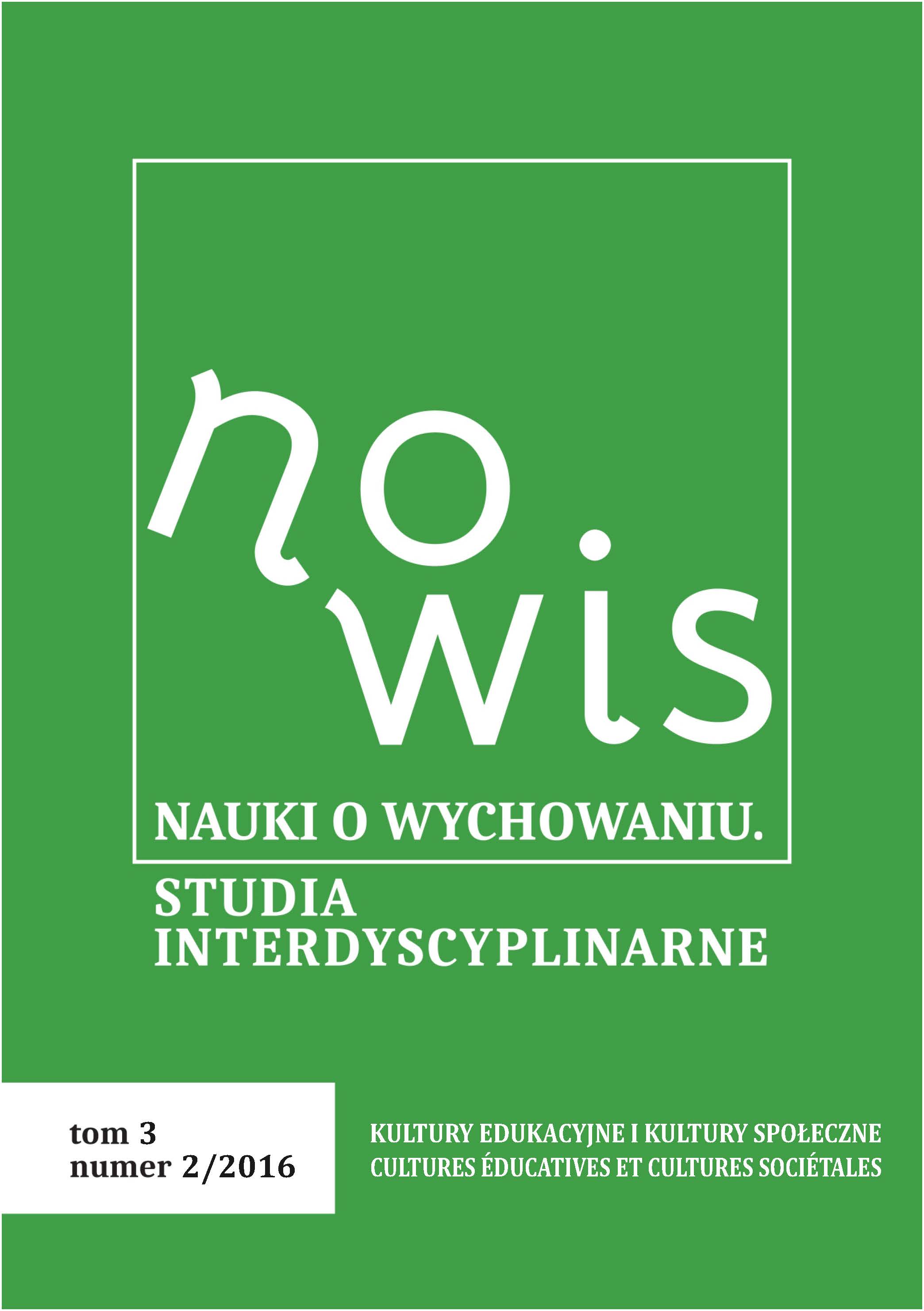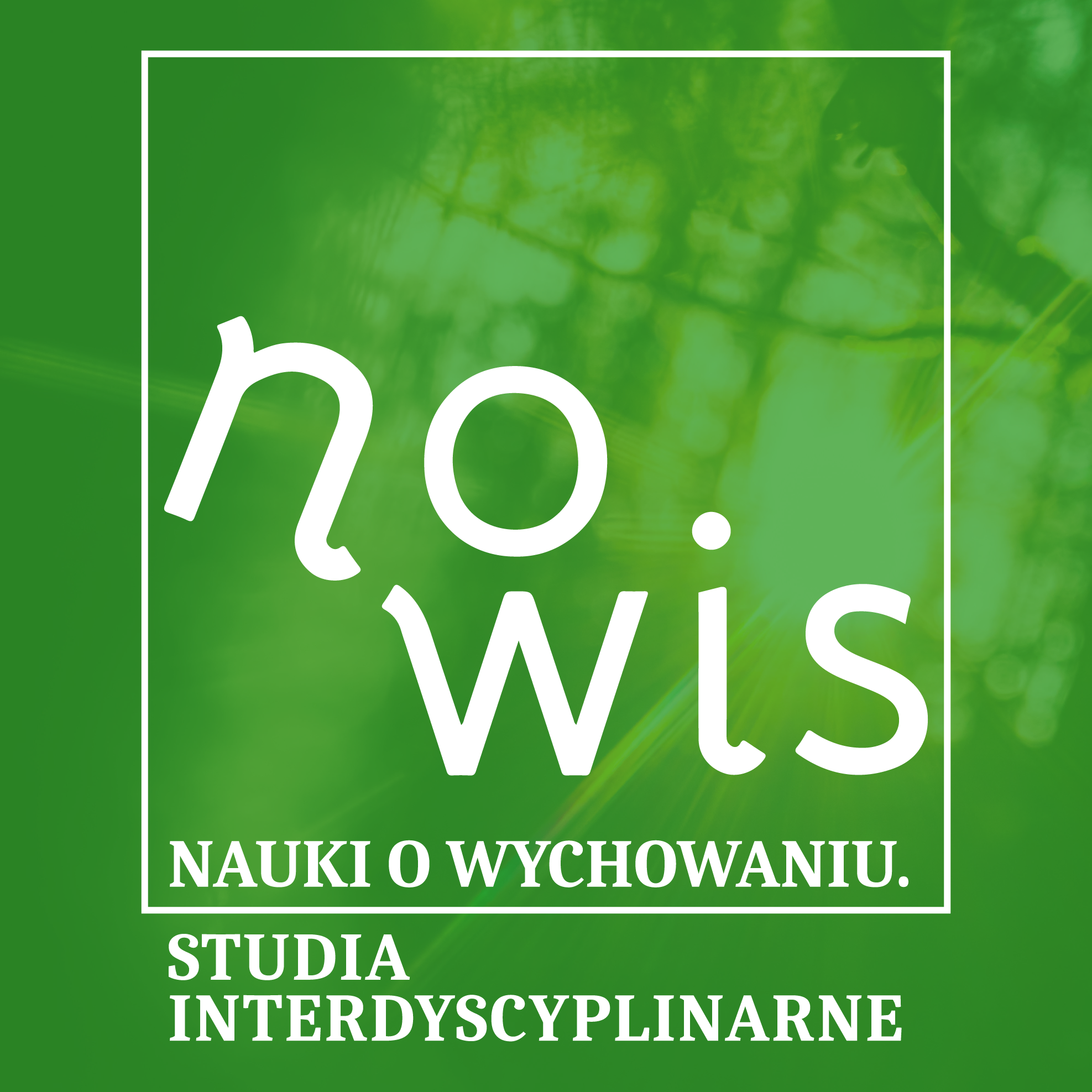English: Key to International Studies and Barrier to Deepened Understanding?
DOI :
https://doi.org/10.18778/2450-4491.03.12Mots-clés :
academic mobility, aims of language teaching, Campus Europae, communication barriers, Englishes, exchange programs, language interference, lingua francaRésumé
Following a discussion of the positive and negative aspects of the use of English in exchange programs, seven hypotheses on the use of the vernacular in academia are analyzed and conclusions drawn, leading to seeing English as one, but not as the only necessary key for international understanding in the academic world.
Références
Hartmann W. (1993) Vom isolierten Muttersprachunterricht zum Muttersprachunterricht in mehrsprachigen Gesellschaften. Erläuterungen zu sechs Thesen, „Pädagogik und Schule in Ost und West“ 41, Heft 1: 12–20.
View in Google Scholar
Kachru Braj B. (1982) The Other Tongue: English Across Cultures, University of Illinois Press.
View in Google Scholar
Mocikat R. (2008) Sprache als heuristisches Werkzeug im naturwissenschaftlichen Erkenntnisprozess, „Osnabrücker Beiträge zur Sprachtheorie“ 74: 65–74.
View in Google Scholar
Campus Europae: http://www.campuseuropae.org/en/studying/index.html
View in Google Scholar
European University Foundation: http://uni-foundation.eu/
View in Google Scholar
Languages in Europe: http://members.chello.at/heinz.pohl/Sprachen_Europas.htm
View in Google Scholar
Languages in Europe: https://deutschlich.wordpress.com/2009/09/09/wie-vielesprachen-gibt-es-in-europa/
View in Google Scholar
Mocikat R., Haße W., Dieter H. H. (first publication 28.9.2005) Sieben Thesen zur deutschen Sprache, http://www.7thesenwissenschaftssprache.de [accessed 25.10.2013] also at: http://www.bund-freiheit-der-wissenschaft.de/content/p_sprache_inw.htm [accessed: 7.01.2017].
View in Google Scholar
Sieben Thesen zur deutschen Sprache in der Wissenschaft: http://www.7thesenwissenschaftssprache.de
View in Google Scholar
Spiropoulou P.P., Fehler im Tertiärsprachenunterricht http://www.ecml.at/LinkClick.aspx?fileticket=gCf58WkpvKY=&tabid=174&language=en-GB.
View in Google Scholar
“USA erklärt” (USA explained): https://usaerklaert.wordpress.com/2006/09/18/
View in Google Scholar
http://home.uni-leipzig.de/muellerg/su/haspelmath.pdf
View in Google Scholar
Téléchargements
Publiée
Comment citer
Numéro
Rubrique
Licence
© © Copyright by WNoW, Uniwersytet Łódzki, Łódź 2016 2016

Ce travail est disponible sous licence Creative Commons Attribution - Pas d'Utilisation Commerciale - Pas de Modification 4.0 International.





 Le site web de la revue, hébergé par l'équipe éditoriale de NOWIS se trouve sur la plate-forme Index Copernicus:
Le site web de la revue, hébergé par l'équipe éditoriale de NOWIS se trouve sur la plate-forme Index Copernicus: 





